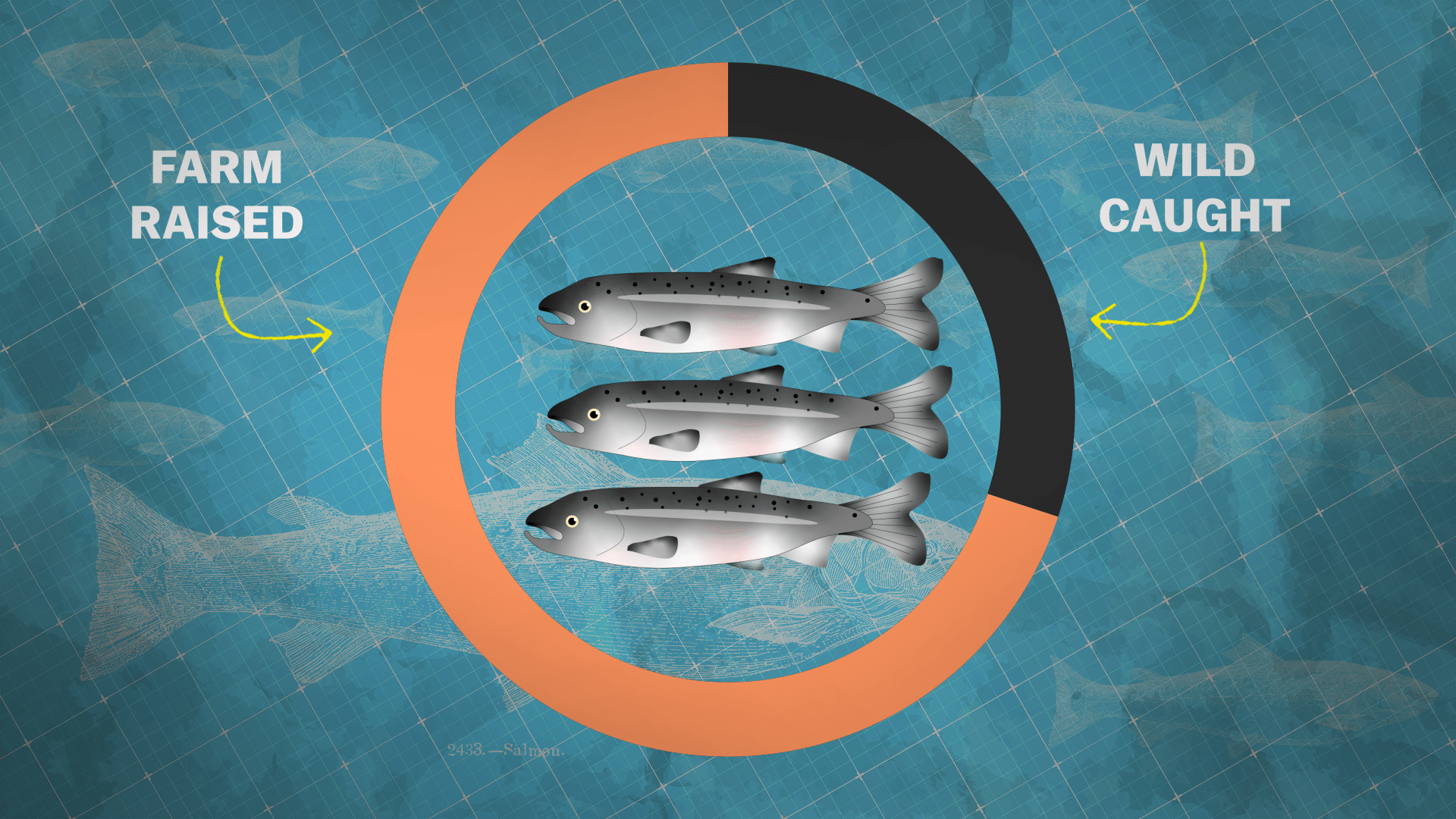Can Salmon Farms Feed the Future Without Harming the Planet?
As the global population surges towards a projected 9.7 billion by 2050, the pressure to find sustainable and ethical food sources intensifies. Aquaculture, particularly salmon farming, has been touted as a solution, gaining traction as the fastest-growing form of food production. But is this a viable path, or does it mask a more complex environmental dilemma?
The Rise of Salmon Aquaculture
Salmon has become a staple on American plates, with the average person consuming over three pounds annually. Astonishingly, over 70% of this salmon originates from farms, amounting to a staggering 3 million tons each year. This dominance of farmed salmon raises critical questions about its true impact on the environment and the fish themselves.
Unpacking the Controversies
A recent investigation by Vox delved into the world of salmon aquaculture, consulting industry insiders, marine biologists, and animal welfare experts to understand the full picture. While proponents argue that salmon farming reduces land use compared to traditional livestock farming, critics point to several potential problems. These include the risk of disease outbreaks in densely populated fish farms, pollution from fish waste and antibiotics, and the potential impact on wild salmon populations through escaped farmed fish interbreeding or competing for resources. The ethical treatment of the salmon within these intensive farming environments is also a growing concern.
Navigating the Path Forward
The future of salmon farming hinges on finding a balance between meeting the growing demand for protein and mitigating the environmental and ethical concerns. Innovations in sustainable feed, closed-containment systems, and improved fish welfare practices are crucial steps in the right direction. Consumers also play a vital role by demanding transparency and supporting responsibly sourced salmon.
Ultimately, the question of whether salmon farming can truly be a sustainable food source remains open. While it offers potential benefits in terms of land use, the industry must address the challenges of pollution, disease, and animal welfare to ensure a responsible and sustainable future for both the environment and the salmon.
Based on materials: Vox





